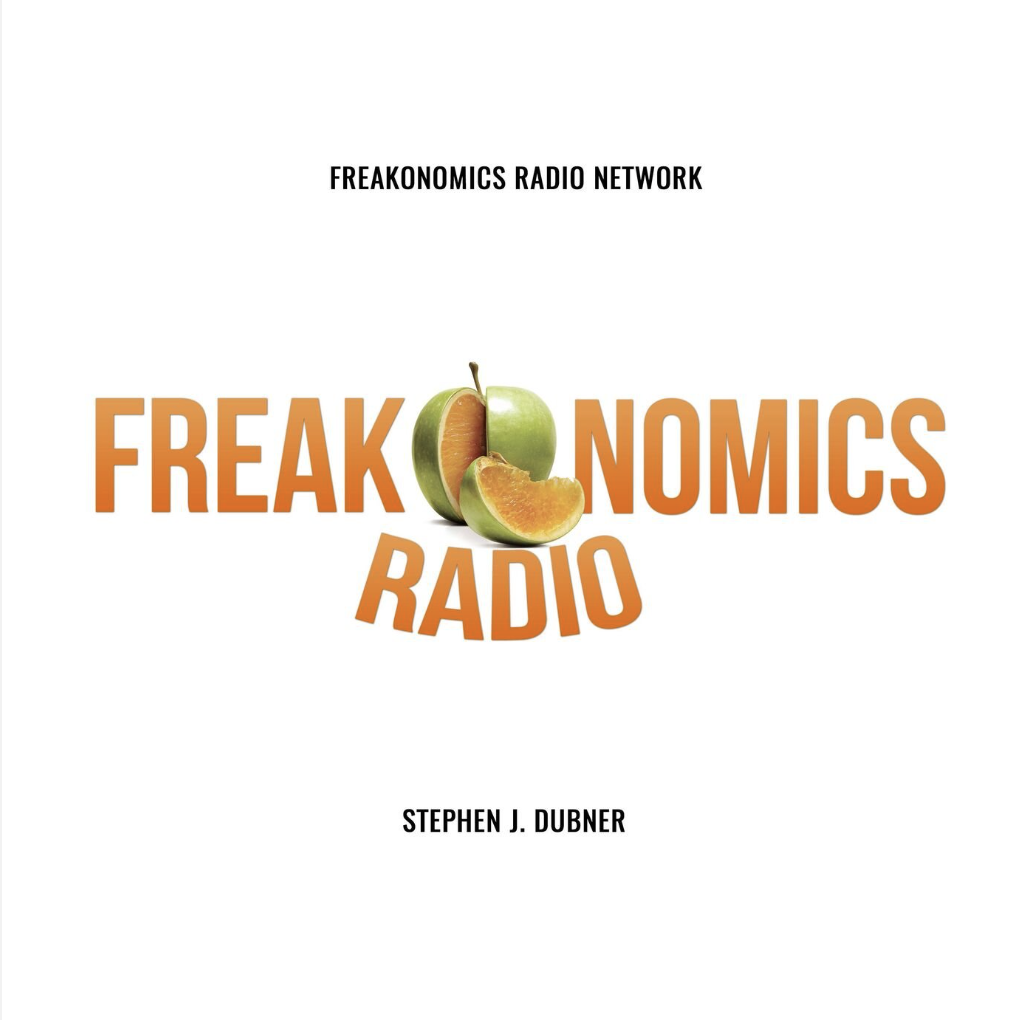COMING TOGETHER THROUGH SHARED SUFFERING

United in defeat
Why do the least successful clubs have the most committed fans? Here, we test the ‘shared-dysphoria-pathway-to-fusion’ (SDPF) hypothesis that fans of the least successful clubs become irrevocably bonded due to the fusion of personal and group identities, resulting from shared self- and club-defining memories of past defeats. From an evolutionary perspective, a psychological mechanism that may have once bound together embattled foraging groups in our ancestral past now works in the modern world to unite soccer fans in their millions.
COLLABORATORS
Prof Harvey Whitehouse (Univ. Oxford, UK).
OUTPUTS:
Academic articles
Baranowski-Pinto, G., Profeta, V.L.S., Newson, M., Whitehouse, H., & Xygalatas, D. (2022) Being in a crowd bonds people via physiological synchrony. Scientific Reports. DOI:10.1038/s41598-021-04548-2.
Newson, M. (Jan 21, 2021) When football clubs are less successful, fans are more loyal to each other. The Conversation.
Newson, M., Buhrmester, M., & Whitehouse, H. (2021) United in Defeat: Shared suffering and group bonding among football fans. Managing Sport & Leisure. 1-18. DOI: 10.1080/23750472.2020.1866650.
Whitehouse, H., Jong, J., Buhrmester, M., Gomez, A., Bastian, B., Kavanagh, C., Newson, M., Matthews, M., Lanman, J. A., McKay, R. & Gavrilets, S. (2017). The evolution of extreme cooperation via shared dysphoric experiences. Scientific Reports. 7: 44292.
Newson, M., Buhrmester, M., Whitehouse, H. (2016). Explaining lifelong loyalty: The role of identity fusion and self-shaping group events. PLoS one. 11(8), e0160427.



